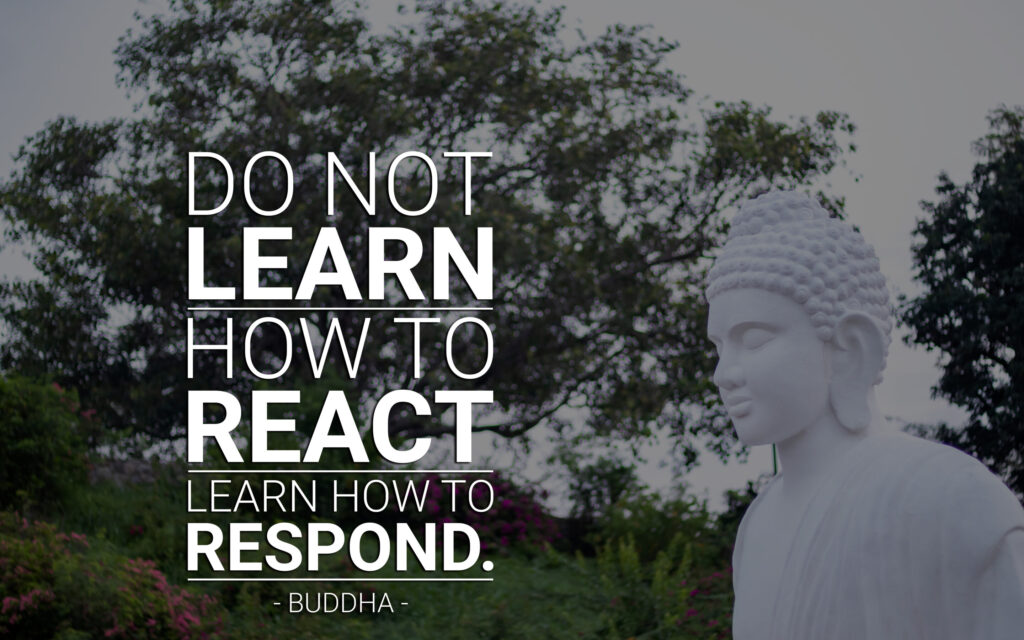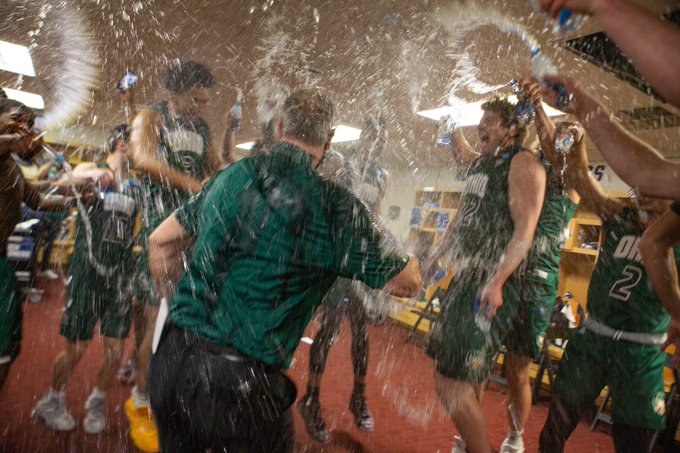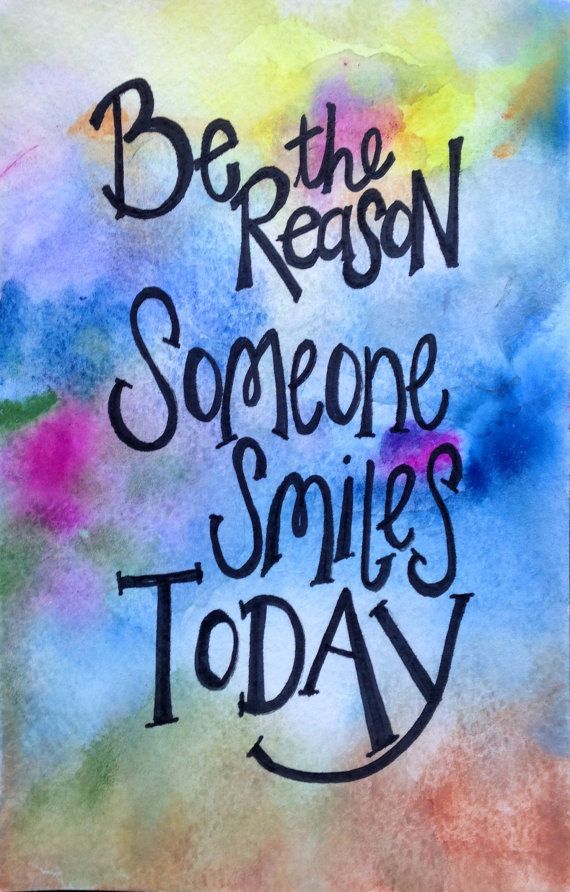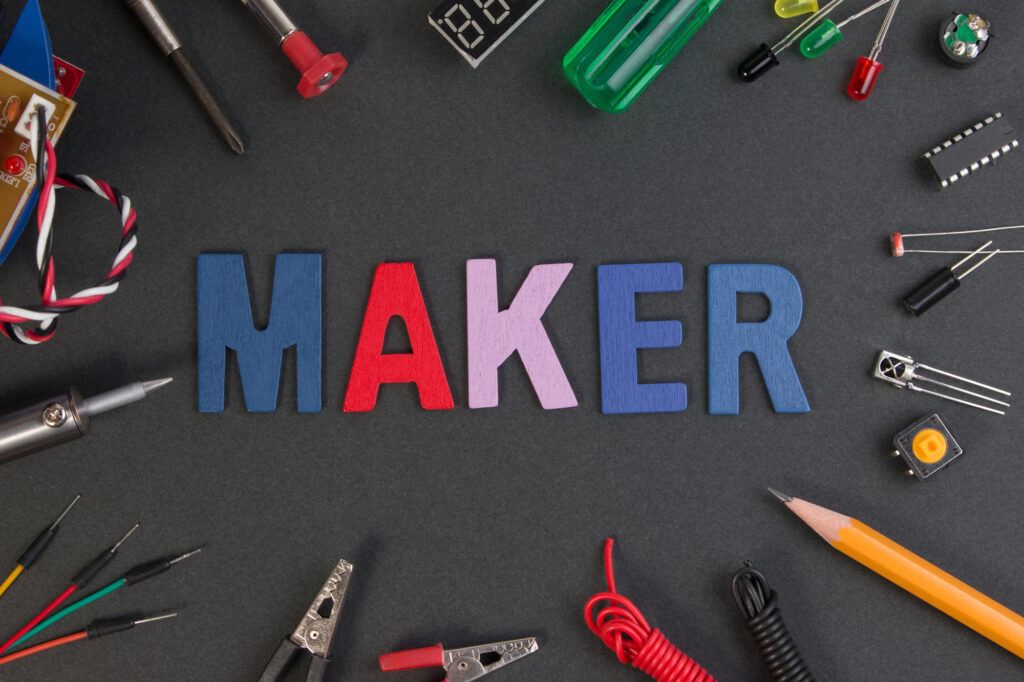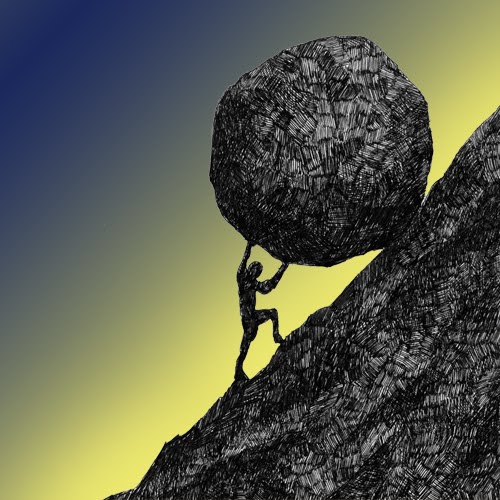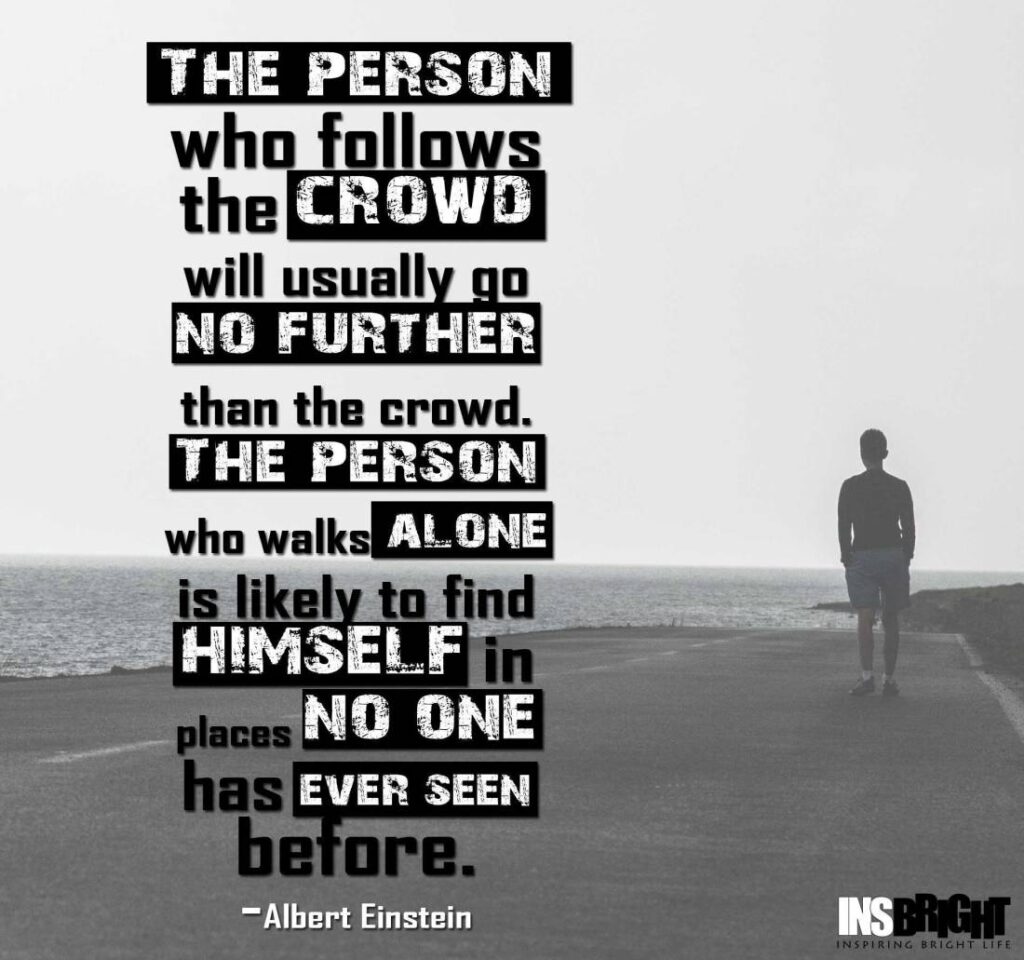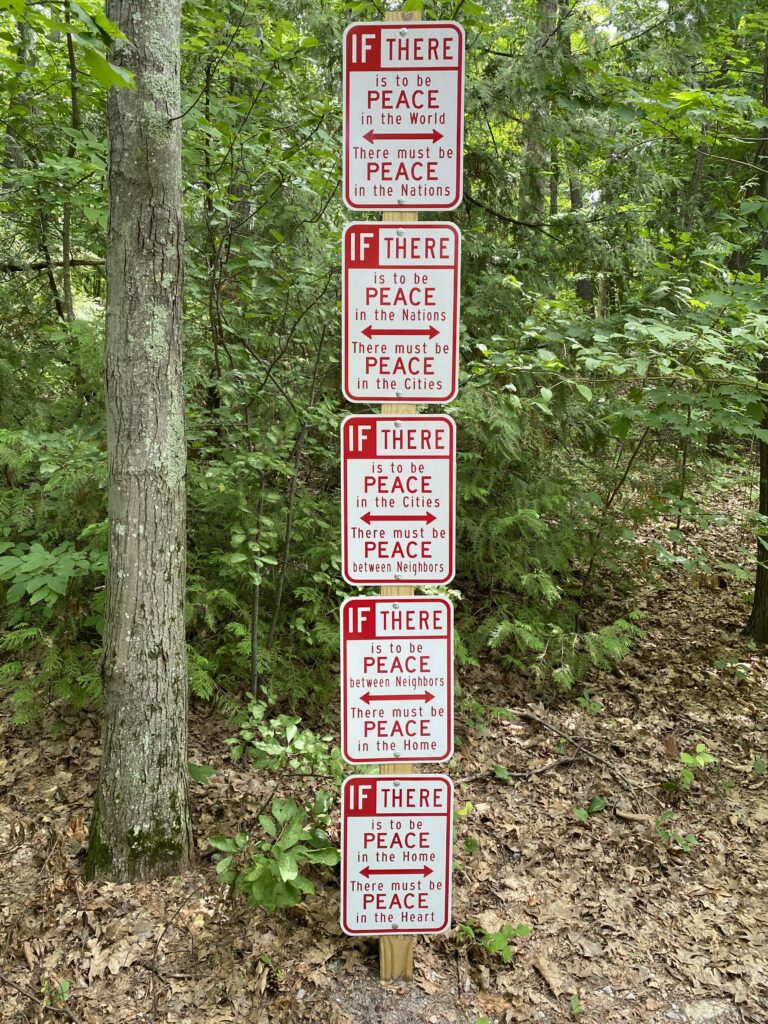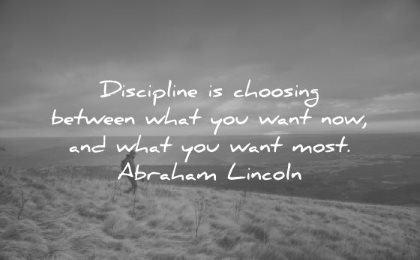If I asked you how your day was going, how would you answer? I’m 99.9% sure you’d easily say “Good” or “Fine” because it’s polite and expected. The person being asked is hoping with all that’s in them that these one-word retorts will placate the inquisitor enough that they’ll move on. We say these responses because it is the norm of a shallow acknowledgment as humans. We may care how the other person is when we greet them, but chances are we care “ish.”
You see, far more daunting and important battles lay ahead of us. We are sure of it because why else would we venture to work if it wasn’t to slay the dragons that no one else is capable of handling? We tell ourselves we are indispensable due to a mix of self-assuredness and a need to feel valued as a contributor. So, now that the obligatory greetings of our co-workers are complete we can get to the day ahead which is sure to be far more fulfilling. As we open our “to do” list, the inevitable happens . . . something arises that catches us completely off guard. We didn’t want to be interrupted and we can feel our faces start to get hot because we want to stick to the list that we had so carefully crafted sometime before.
Then it happens. The instant it occurs we grasp the air trying to get the words that just spouted out back inside because the tone they carried was sure to sting. We snap. We react. We’re bothered that our idea of a perfect, lined out, step-by-step existence was thwarted because someone had the audacity to break the pattern !! Our reaction is swift, emotional and contrite. We blurt it out because, again, we want to return to what is more important to US. Don’t they understand that by asking for our input they’ve created an imbalance? Don’t they understand that this is so unsettling that I won’t be able to get back into my rhythm?
The answer is – No, they don’t. Nor, do they really care. They’re coming to you for a valid reason . . . they feel you are the one who can help them get things done too !!
I know it’s radical, but we weren’t meant to be isolationists in this world. That is especially true in the workplace. I also don’t think it’s feasible for you to constantly be surrounded by people all day because it would be exhausting and ineffective. (This is coming from one of the biggest self-avowed extroverts you’ll ever meet.)
Since we’re meant to interact, we would be better off by seeking a balance of being prepared and structured while allowing for interruptions and interactions weaved throughout our days. The way to find, and keep, this balance is to choose to respond vs. react. Doing this requires us to resist the environment we all currently find ourselves in.
In today’s rapid mad dash, reactions have become the norm. People expect you to snap back an answer on the fly and without context. We have bought into the myth that if answers aren’t given instantaneously, then they don’t have merit. The pace of social media, snippets, and partial scenarios drives this expectation. Then, if you do react, a multitude of similar reactions come flying back requiring us to react once again – or so we think. We have to break this incessant volley.
You have time. You have time in almost every, single situation of your regular day. I understand that some things may have more urgency, but even in those rushed circumstances you have time to breathe, pause, contemplate, consider, gather context . . . and then respond. You really do.
If we keep in mind that all humans are one giant ball of emotions, reacting is our natural tendency. We can’t help ourselves. That’s why responding takes practice and discipline. You need to take my word for it that this disciplined approach is far more effective and sustainable than being reactionary. Also, it’s not an either/or type of approach. Life never has fallen into two distinct camps where you can pull an answer from a set playbook with certainty to ensure the outcome you’re seeking. This is because people are involved and we just muck it up . . . because we’re human.
This week try to respond more and react less. It will take time and you won’t do it well every time. If you choose to follow this more constructive approach you will see better interactions, more collaboration, in-depth and contextual discussions and you’ll start developing relationships. Also, you’ll make more well-rounded decisions when that interruption hits you.
From now on . . . respond instead.

